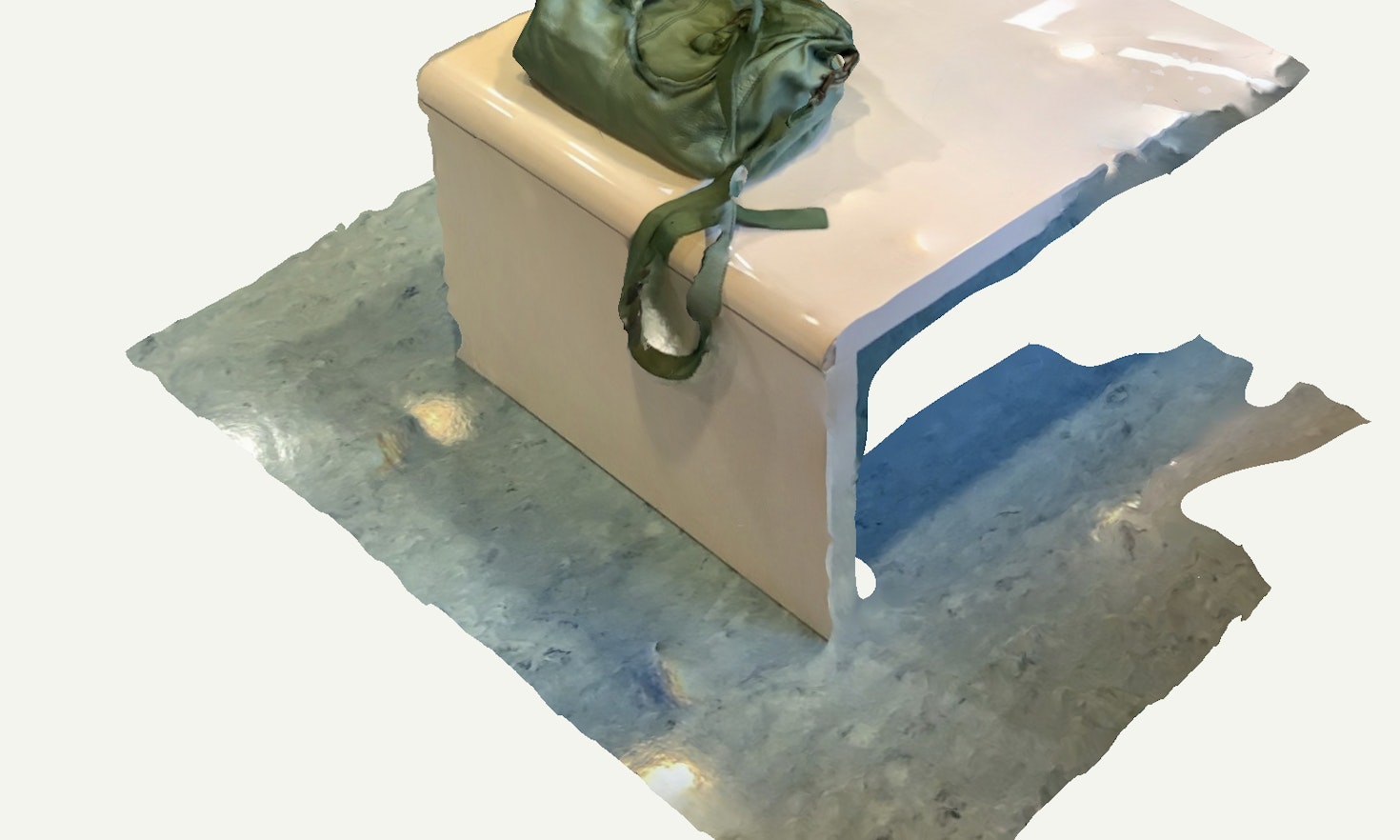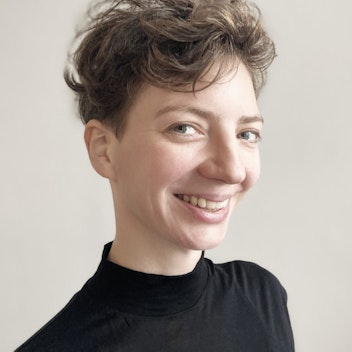Solidaristic inclusion through healthcare

Healthcare in the context of forced migration is not only about meeting medical needs. Using the services of the public health system is also important for political inclusion, as the example of Austria shows. Possessing a personal electronic health card or sharing the waiting room at the general practitioner's gives refugees a sense of belonging as patients among other patients.
When thinking about healthcare and refugees, one is likely to think first of the medical needs associated with people who have fled war and violence, and then of issues of access to appropriate care. The experience of forced migration has been shown to cause physical and psychological damage that take a long time to heal. In Austria, refugees are entitled to full access to the public health system after filing an asylum application. However, research has shown that in practice, obstacles remain. These include lack of information, language difficulties, insufficient interpreting services and the fact that certain services such as dental treatment and psychotherapy must be supplemented by ‘co-payments’. What is less thought about though is the political dimension of healthcare for refugees.
In Austria, as in many countries in Europe and beyond, the 2010s marked a decade of restrictions in asylum regulations as well as the politicization of irregular migration and anti-Muslim racism within a normalized right-wing populist discourse. Only this month, Austria blocked Bulgaria and Romania's accession to the Schengen area with its vote to protect the country from “illegal migrants”. Surprisingly, against this background, the rights of refugees to healthcare services have remained almost entirely uncontested. What meaning do healthcare services have for refugees, beyond medical care? Can they be a motor for inclusion? And how can the public healthcare system enact solidarity with refugees?
Accompanying refugees in pursuit of health needs
In 2015, the number of asylum applications in Austria was 88,098, making it one of the countries that hosted the most refugees per capita within the EU. For two years, from 2018 to 2020, I repeatedly met four Syrian women and three men from Somalia, Afghanistan and Benin at their private homes and asylum accommodations in Vienna, interviewed them at several points in time and accompanied them to their medical appointments. As many other Syrians, the women were quickly recognized as refugees according to the Geneva Convention in contrast, the men were waiting for court decisions to be recognized as asylum seekers at the time. The stories and experiences of refugees showed that interactions in the Austrian solidarity-based public health system not only met their medical needs, but also produced political inclusion: Those concerned confidently foregrounded their ability to manage healthcare autonomously, experienced independence through familiarity with healthcare providers and institutions, and had a sense of belonging to the healthcare system‘s solidaristic community through receiving their personal electronic health card. Moreover, the refugees themselves promoted the institutionalized civic solidarity of the public health system, with regular tuberculosis screening and blood donations.
Entitlement to medical services for refugees
In Austria, refugees have access to the same facilities and services as other beneficiaries of the public healthcare system from the moment they file an asylum claim. They can receive medical care in public hospitals, with general practitioners and specialist practices. Asylum seekers, as well as unemployed people in Austria, are exempted from deductibles for medication and other co-payments. Undocumented refugees do not have access to the public healthcare system, with the exemption of free emergency care.
Being familiar with your doctors
When I accompanied Maria (note: all names pseudonyms) to her general practitioner, she experienced visiting him and his practice as a familiar and pleasant event. The Syrian woman in her thirties told me about her strong admiration for the doctor. Sitting in the waiting room, she greeted the passing assistants warmly and pointed to the framed portrait photos of the staff hanging on the wall, explaining to me that she knew all of them and that one of the assistants was the doctor’s wife. During the medical consultation the doctor acted with familiarity towards Maria, greeting her warmly and welcoming her with a smile.
Maria has a shared history with her general practitioner. She has consulted him since she arrived in Austria and his practice is a safe space for her. The same cannot be said for the difficulties she experienced with learning German, getting used to how everything works in Austria and finding a job. Healthcare institutions include refugees as patients, instead of marginalizing them in reception centres, asylum courts and asylum accommodations.
Navigating healthcare institutions
What also mattered to refugees were the healthcare institutions‘ rooms and corridors, the routes to get to and away from them, and the procedures that take place in them and technologies that belong to them. Knowing these features helped these individuals regain control in a context that is often characterized by dependency and uncertainty. For example, Maria displayed a personal history that showcased familiarity with her general practitioner‘s treatment room while we were waiting for the doctor, pulling out the scale hidden beneath the examination table and helping herself to colourful sweets from a large jar. Others expressed the importance of having a sense of familiarity with healthcare institutions through explaining and showing to me how everything functioned within these institutions. The individual respondents commented on the waiting time when entering the waiting room, informed me about the usual waiting time to expect, eagerly explained to me where to find the restroom and commented that the empty waiting room during the Christmas holidays was normally full of people.
The electronic health card
A couple of days after being admitted to asylum procedures, refugees in Austria receive their “e-Card”, an electronic health card with a personal insurance number. The e-Card is scanned in a card reader at every visit to the doctor, this lets health workers know whether there is a valid insurance cover. I characterize receiving the e-card as the first administrative step for newly arrived refugees that is neither connected to the determination of their legal status, nor to other asylum matters. Obtaining an e-card means becoming a member of the civic solidarity community of the healthcare system. Research participants perceived this as a straightforward process “without problems” (Maria). In each of the participants narratives, the e-card seemed to be an entry ticket to the regular healthcare system in which they were treated like everyone else. For example, one respondent, Paulin states: “If I am sick, I have an e-card. I will go to the doctor with my e-card.” Being asked about her experiences in the healthcare system, Sabah, another respondent, directly mentioned the e-card as door opener:
It (the healthcare system) is a good thing. About 20 days after I arrived, I got the card, and since then I go regularly to the doctor, to the hospital, and I can buy medicine.
Sabah
Fostering political inclusion
Looking at how the Austrian healthcare system enacts political inclusion for refugees, opens up what solidarity has the potential to mean in healthcare systems today. It shows how certain practices within the institutionalized support structures in the healthcare system – typically understood as civic solidarity by Sally Scholz (2008) and outside the political agenda for inclusion in migration scholarship (Agustín & Jørgensen, 2019) – should also be understood as political solidarity. These insights hold important real-world implications. Refugees medical practitioners are often not aware of how their services provide political inclusion for refugees. There is an additional value of solidarity-based healthcare systems to providing care for all beneficiaries. These serices can also shape positive relationships between refugees and the host country and act as an effective way of fostering a sense of belonging.
Political, social and civic solidarity
Political, social and civic solidarity The philosopher Sally Scholz (2008) distinguishes between three forms of solidarity. She defines political solidarity as “a moral relation that marks a social movement wherein individuals have committed to positive duties in response to a perceived injustice”. Examples are neighbourhood projects that support refugees and protests against deportations. Social solidarity describes support within a community with shared interests, such as an arts association and a sports club. Civic solidarity describes institutionalized obligations to citizens such as welfare services. One example is the Austrian public healthcare systems in which higher contributions by those who earn more compensate for lower contributions by poorer sections of the population.

Citation
This content is licensed under a Creative Commons Attribution 4.0 International license except for third-party materials or where otherwise noted.

Young migrants in Euregio: identity through a blend of languages
 Katharina Crepaz
Katharina Crepaz
Without citizenship, but citizens nevertheless
 Johanna Mitterhofer
Johanna Mitterhofer
Mobile Youth: Minority adolescent’s migration aspirations in Narva, Estonia
 Carmen Tasser
Carmen Tasser